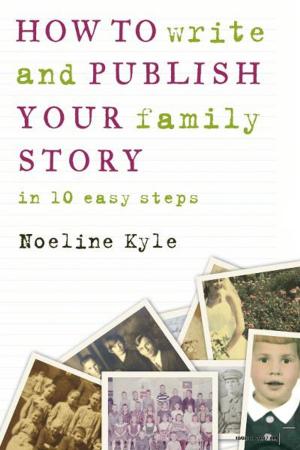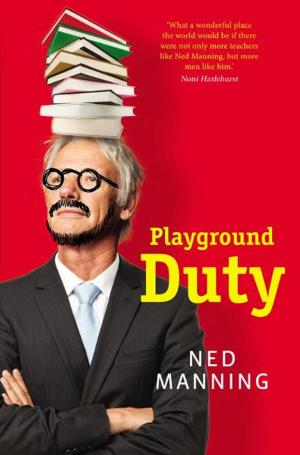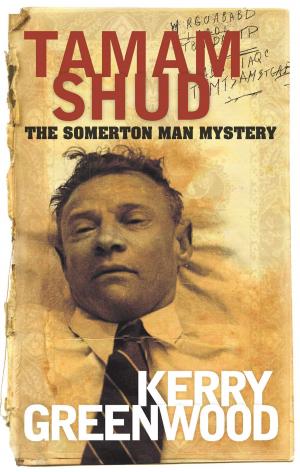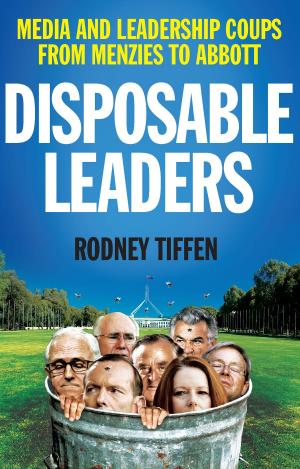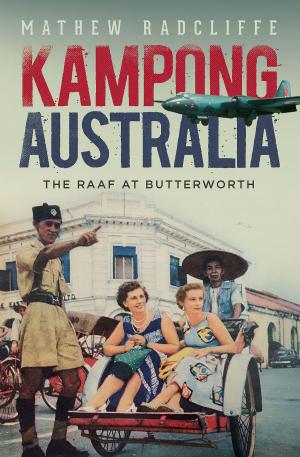Air Disaster Canberra
The Plane Crash That Destroyed a Government
Nonfiction, Reference & Language, Transportation, Aviation, History, Australia & Oceania| Author: | Andrew Tink | ISBN: | 9781742241425 |
| Publisher: | University of New South Wales Press | Publication: | April 1, 2013 |
| Imprint: | University of New South Wales Press | Language: | English |
| Author: | Andrew Tink |
| ISBN: | 9781742241425 |
| Publisher: | University of New South Wales Press |
| Publication: | April 1, 2013 |
| Imprint: | University of New South Wales Press |
| Language: | English |
In August 1940 Australia had been at war for almost a year when a Hudson bomber – the A16-97 – carrying ten people, including three cabinet ministers, crashed into a ridge near Canberra. In the ghastly inferno that followed the crash, the nation lost its key war leaders. Over the next twelve months, it became clear that the passing of Geoffrey Street, Sir Henry Gullett and James Fairbairn had destabilized Robert Menzies’ wartime government. As a direct but delayed consequence, John Curtin became prime minister in October 1941. Controversially, this book also tells the story of whether Air Minister Fairbairn, rather than the Royal Australian Air Force (RAAF) pilot Bob Hitchcock, had been at the controls.
In August 1940 Australia had been at war for almost a year when a Hudson bomber – the A16-97 – carrying ten people, including three cabinet ministers, crashed into a ridge near Canberra. In the ghastly inferno that followed the crash, the nation lost its key war leaders. Over the next twelve months, it became clear that the passing of Geoffrey Street, Sir Henry Gullett and James Fairbairn had destabilized Robert Menzies’ wartime government. As a direct but delayed consequence, John Curtin became prime minister in October 1941. Controversially, this book also tells the story of whether Air Minister Fairbairn, rather than the Royal Australian Air Force (RAAF) pilot Bob Hitchcock, had been at the controls.






